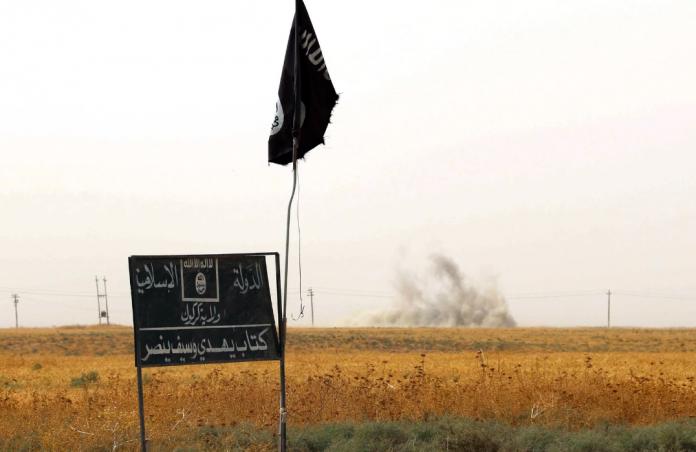
WASHINGTON – After years of discussion, the House is set to vote Wednesday on the continued relevance of a war authorization the Obama administration relies on to legally justify the war against the Islamic State.
But the decision to include the amendment to repeal the 2001 Authorization for Use of Military Force in the roster of defense policy bill measures has lawmakers who have long angled for such a vote on edge. The amendment doesn’t require Congress to come up with a new, replacement war authorization to cover current conflicts.
Proposed by Rep. Rep. Barbara Lee, D-Calif., the measure would require the repeal of the 2001 AUMF, which Congress passed to allow operations against al-Qaida and its affiliates in the wake of the Sept. 11, 2001, attacks, within 90 days of the defense policy bill’s enactment.
Lee said she wanted “to force a debate on this war and repeal the 2001 blank check for endless war that got us into these perpetual wars,” she said on the floor last week. “Let us debate this war, its costs and its consequences.”
Many members of Congress have objected to the administration’s argument that ongoing combat operations against the Islamic State have solid legal footing under a pair of AUMFs from 2001 and 2002 — the latter passed by Congress to greenlight the war in Iraq.
Rules Committee Chairman Pete Sessions, R-Texas, said Tuesday night that he thought Lee had “a really good argument.” But the GOP majority on the committee governing floor action did not move to allow other measures with replacement war authorization because, as Sessions explained, writing a new war authorization should be done by the House Foreign Affairs Committee.
Lawmakers from across the political spectrum have introduced bills proposing new AUMFs to cover the war against the Islamic State and other extremist groups to replace existing authorizations. But the proposals have failed to gain momentum with either party, as leaders and other influential members balk at them being either too restrictive or too expansive. Republicans in particular have also expressed concerns about tying the hands of the next president.
The committee also blocked an attempt by Rep. Jim McGovern, D-Mass., to force an AUMF debate by holding up war funds to send troops to Iraq and Syria after April of next year if Congress has not produced an authorization to fight ISIS by that time. Under the House’s defense policy bill as written, the military is expected to run out of war funding in April 2017, which could force Congress to approve emergency defense spending to keep humming military operations in Afghanistan, Iraq, and against ISIS.
Though Democrats on the committee signaled they would support Lee’s amendment on the floor, they worried that without a new AUMF, military operations against the Islamic State could be on even shakier legal ground than they are presently.
“The current conflict isn’t even covered by the 2001 AUMF, so having it lapse puts us in the same situation, where there’s an unauthorized military engagement there,” Rep. Jared Polis, D-Colo., said.

